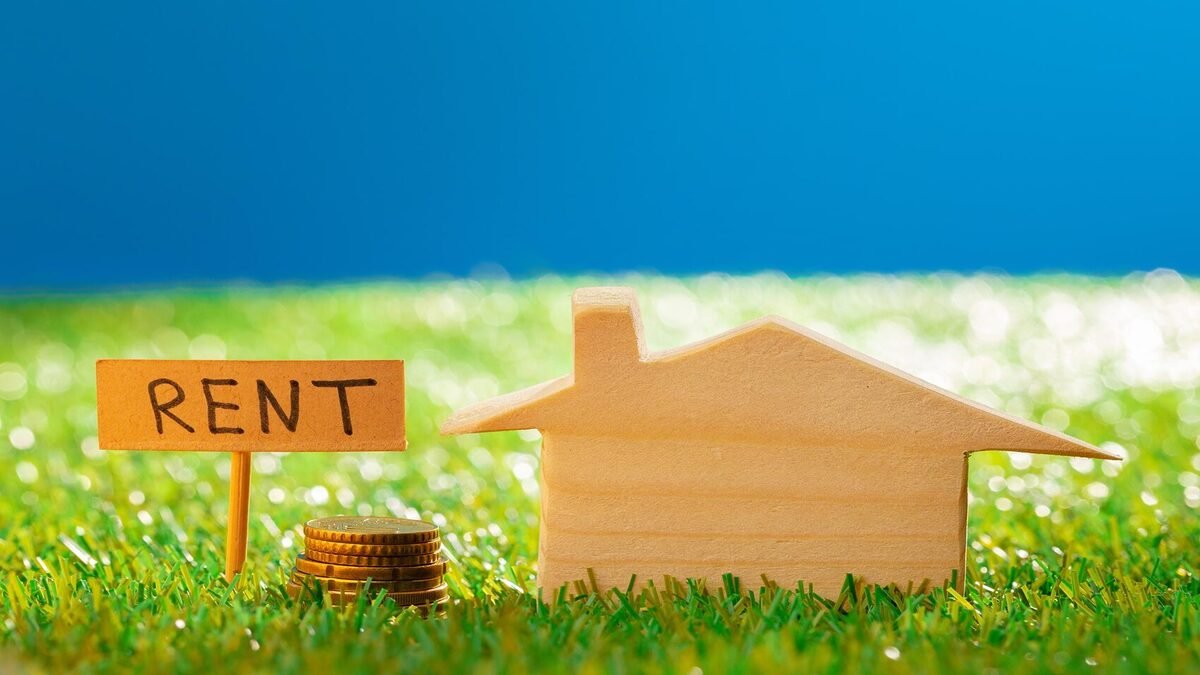Renting : Set aside the idea that you must own a home. I’m sure that a group of real estate agents or builders associations played a role in instilling the idea that home ownership was an important factor in achieving the American dream. Last month, my husband and I closed on our 10th home. Some houses turn out to be sound investments, while others turn out to be huge financial belly flops.
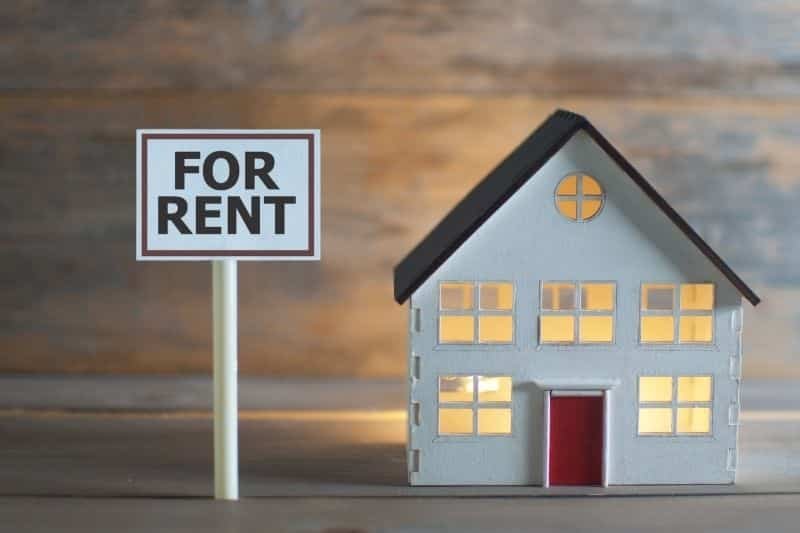
If you’re sitting out 2022 because of rising prices and rising interest rates, that’s okay. Renting may be better for your bank account this year.
Here are some of them.
Flexibility
When we lost money on the house, due to the fact that we had to go for a job. Right in the middle of The Great Recession, we would have done better if we had waited to sell our home. We were moving across the country, and the idea of holding on to that house while looking for a new place to live was terrifying. This expense would have been way outside our comfort zone.
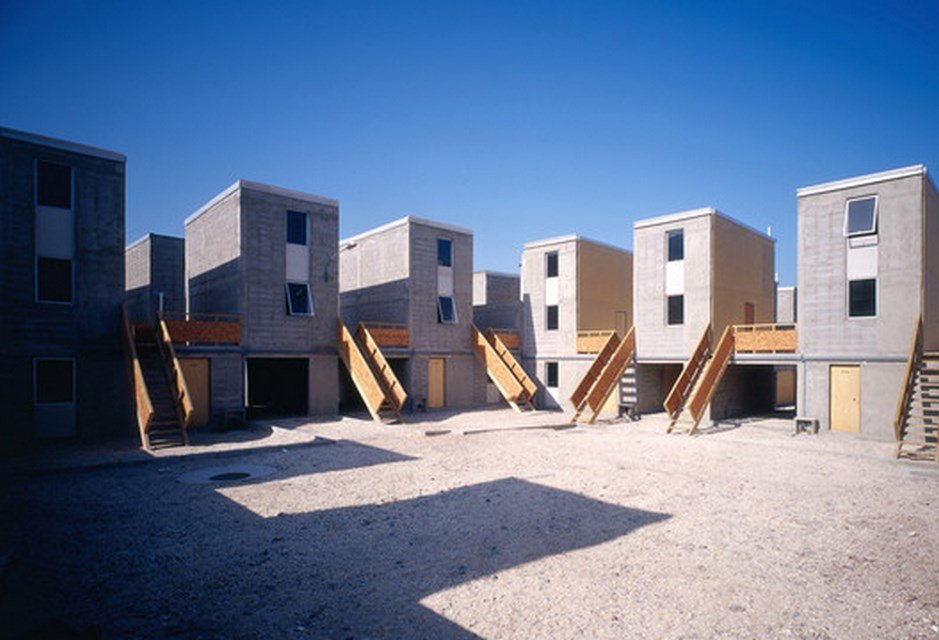
The good thing about renting is to give notice and leave when the time comes. Even though we always had a lease, we either planned around the end of the lease or my husband negotiated with his landlord to pay a break fee.
If we’d have been renters in 2008 rather than homeowners, we would have saved at least $35,000. Once the market turned upside down, and we were competing with foreclosures for buyer’s attention, we were lucky to sell our house. Even then, we had to take a fat check before closing to cover the difference between what we owed on the house and the much lower price the buyer was willing to pay.
Cheap Insurance
Because we currently own a home, our mortgage company requires us to carry homeowners insurance. We have a policy with all the bells and whistles, including earthquake insurance and electrical outages. Our current policy is just shy of $200 per month.
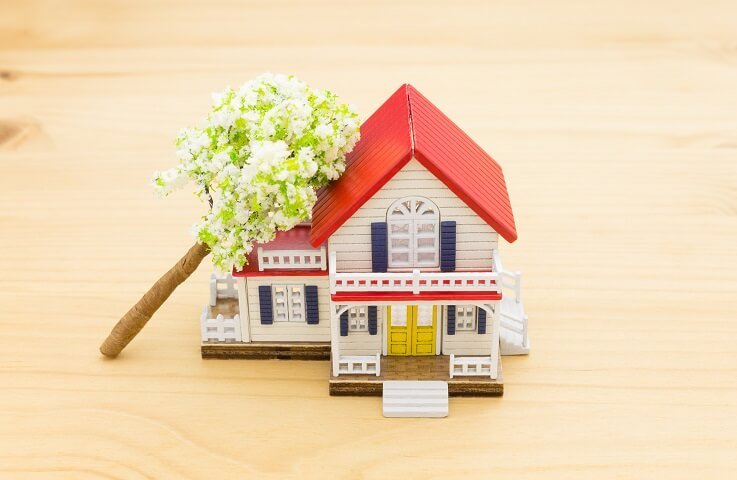
When we rent, we typically pay between $60 and $70 per month for renters insurance. Renters insurance is to protect our personal property in the event of perils such as fire or storm damage. It doesn’t protect the house or apartment (that’s up to the homeowner), but it promises to replace our personal possessions if something goes wrong.
When you’re trying to put money away for a future goal or stretch your rainy day fund, renter’s insurance gives you more money.
Loss of Amenities
The main reason we decided not to own a house when we moved to Northern California was because we would have to give up a lot to become a homeowner. Not only would Northern California housing prices make us house poor, but the loft we rented was in a real sweet spot. There was a gorgeous pool and hot tub right outside our building. There was a great sushi restaurant a block away and we were an easy walk directly to the entertainment area.

If real estate is all about location, location, location, our loft was in a location that would be hard to duplicate.
If your current rental situation offers a gym, pool, sand volleyball court, or any other amenities that you would normally pay for, you may want to save your money.
No Maintenance or Repair Costs
When a rental takes out a garbage disposal or a baseball window breaks, it can be a hassle, but the repair costs aren’t on you. To give you an idea of how much to pay for repairs and maintenance, American Family Insurance advises:
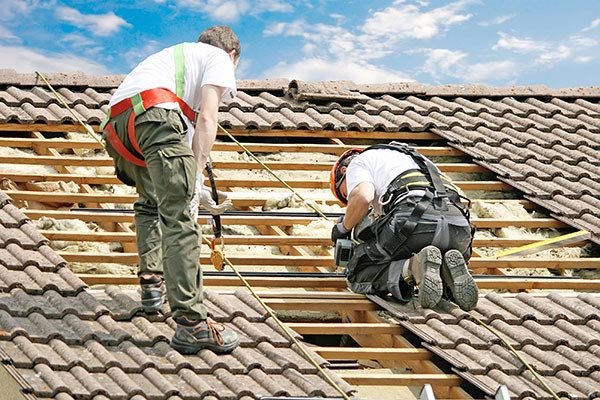
-
- Use the “Square Foot Rule”. The square foot rule states that you should budget $1 for every square foot of liveable space in your home maintenance budget. So, if you have a 2,100 square foot home, you would need $2,100 or $175 per month.
- Insert “10% rule”. According to the insurance company, homeowners must put 10% of their mortgage, 10% of their taxes and 10% of their insurance premiums into a dedicated account to cover maintenance costs. Let’s say your mortgage is $2,000 per month, taxes run $500, and the total insurance premium is $200. This means that you will need to set aside an additional $270 ($200 + $50 + $20) each month.
Here Watch the Video of Alux.com on YouTube regarding Renting VS Buying a Home


